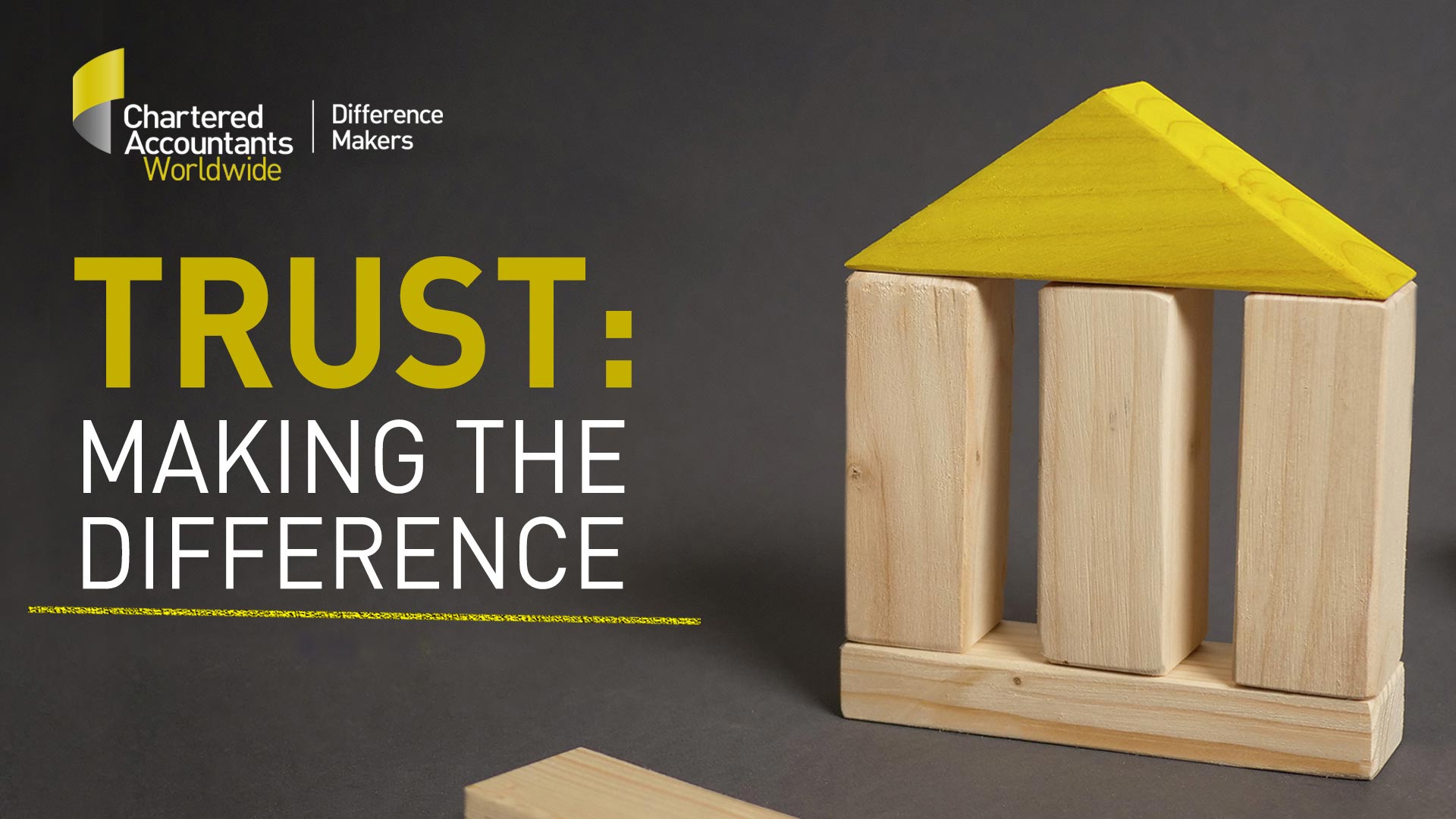Rules and Ethics – A Complicated Relationship

There was a recent incident at Stellenbosch University where the rector was charged with nepotistic behaviour for using his discretionary placement power to give two of his nephews (by marriage) discretionary access to the medical school of the university. This caused many to reflect again on the relationship between rule-following behaviour versus ethical conduct.
From the evidence that was submitted to the Lewis Committee that was appointed to investigate the incident, it was clear that the rector initially did not think that he did anything wrong by allowing his nephews discretionary access to the university’s medical school. His reason for denial of wrongdoing was that there is nothing in the university’s nepotism policy that prevents him from using his discretionary powers in favour of his family members. The existing nepotism policy of the university only addresses nepotism related to staff and supplier appointments but is silent on student placements in the university’s academic programmes.
The rector initially refused to apologise for his nepotistic behaviour − he apparently believed that he had done nothing wrong, as he did not transgress any rule or policy of the university. He only offered a public apology after the Lewis Committee found that although the rector did not transgress any policy, he nevertheless made an error of judgement and was accordingly instructed to offer a public apology for his conduct.
This incident raises the question of whether rules can ensure ethical behaviour, or whether rules – under certain conditions – can actually hinder or undermine ethical behaviour. This is a question that is not only relevant in the context of Stellenbosch University but is also relevant to all organisations in the private and public sectors.
Rules, like policies and laws, are usually formulated retrospectively. Normally we only make rules after things have gone wrong. In an attempt to prevent further wrongdoing, we then opt for making rules that might prevent similar wrongdoing in future. This is quite clear in the case of all kinds of traffic regulations that have been introduced over time to prevent further injury, damage, and death on our roads.
The same is true of restrictions and rules currently being imposed on the use of artificial intelligence in organisations. ChatGPT, which was initially enthusiastically embraced by organisations, is now being reconsidered by a substantial number of organisations. This only happened after unforeseen damaging incidents involving ChatGPT occurred. To prevent further damage, some organisations have introduced strict rules for the use of ChatGPT, or in some cases even a total ban on the use thereof.
Although the intention behind making rules is clearly a noble one, the question remains whether the existence of rules will lead to more ethical and responsible conduct.
WHY COMPLICATED?
The relationship between rules and ethical conduct is complicated.
I would like to expound on just three possible relationships between rules and ethics.
The first relation is a positive one, where rules contribute to more ethical and responsible conduct. Let us consider the example of road safety once more. Should road users abide by rules and regulations related to speeding, safe following distances, and restrictions on the use of alcohol whilst driving, the outcome would surely be positive with less damage to property, and fewer losses of life and limb. It is hard to imagine that any sane person would not welcome such rule-following behaviour on our roads.
Some might argue that although rule-following behaviour might produce better outcomes, it still does not amount to ethical behaviour, because people simply follow the rules under coercion of some authority and not out of ethical conviction.
I have two problems with such a negative view of rules. Firstly, it is impossible to say that all people follow rules only because they are compelled to do so. Some might follow the rules exactly because they hold an ethical conviction that it is the right thing to do.
My second objection to this negative view of rule-following behaviour is based on the favourable outcome thereof. We are clearly better off when people follow traffic rules than when they do not. One can therefore argue that there is an implicit ethic in such rule-following behaviour, which might not satisfy the ethical purist but is nevertheless demonstrably better for all involved. One can therefore make a case for the potential of rules to improve ethical behaviour, albeit implicit ethical behaviour.
There is however also a darker side to rules that cannot be denied. The case of nepotistic behaviour at Stellenbosch University demonstrates this darker side quite well. Rules, like policies, regulations and legislation, all have the potential to actively undermine ethical judgement and ethical behaviour.
Rules always carry in them the risk of undermining ethical judgement and ethical responsibility. A blind reliance on rules can result in people abandoning their ethical responsibility for their decisions and action. People can shirk their responsibility to act ethically by hiding behind the cover that rules afford them.
When people hide behind rules (policies or regulations) and claim that a rule either allows them to take certain actions or does not forbid them to do certain things, they are abandoning their ethical responsibility.
Rules are not always right. They can be deeply flawed. We just need to think about the case of apartheid, or previous regulations that allowed smoking in public places, or lax environmental standards that allowed companies to harm the natural environment under the protective shield of the law.
When rules or regulations are used as a shield to cover up or rationalise unethical conduct, we can clearly see the dark side of rules. The mentality of ‘what is not forbidden, is allowed’ is a dangerous one that should not be tolerated, as it can result in unethical behaviour being justified. It is not surprising that the Fourth King Report on Corporate Governance implores leaders to ‘act ethically beyond mere legal compliance’.
There is an even darker side to the relationship between rules and ethics. When persons are extrinsically motivated through fear to comply with certain rules, they can lose their ability to make sound ethical judgements.
Recent research conducted by The Ethics Institute on corporate ethical culture in South Africa (The South Africa Business Ethics Survey 2023) found that there is a negative correlation between fear-driven compliance-based interventions and the ethical culture of organisations. This means that as compliance and control become more prevalent, the ethical culture becomes more fragile.
When people are motivated by fear to comply with rules in their organisations, they might become less ethically responsible over time. Noble as the ‘zero tolerance for unethical behaviour’ mantra might sound, there also lurks an unintentional danger in this approach, as it might stop people from ethical thinking, and undermine their sense of ethical responsibility.
Rules thus clearly have the potential of improving ethical and responsible conduct. However, rules can also be used to shield ethical responsibility, and even worse, it can undermine our ethical agency. The well-known American psychologist Barry Schwarz once said: ‘A wise person knows when to break the rule.’
Author Professor Deon Rossouw is the CEO of The Ethics Institute and an Extraordinary Professor in Philosophy at Stellenbosch University.












